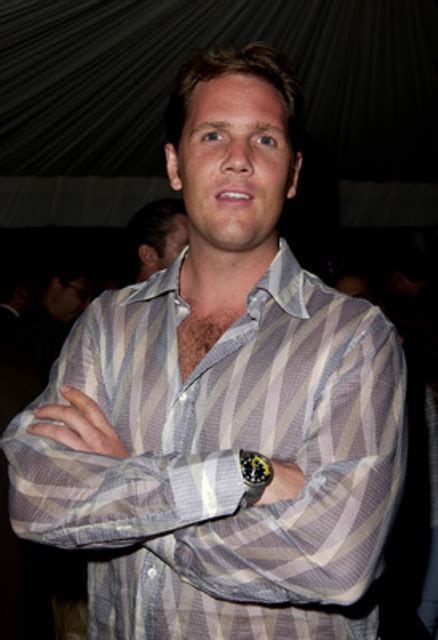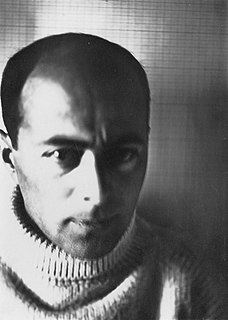A Quote by Northrop Frye
In our day the conventional element in literature is elaborately disguised by a law of copyright pretending that every work of art is an invention distinctive enough to be patented.
Quote Topics
Related Quotes
Copyright law has got to give up its obsession with 'the copy.' The law should not regulate 'copies' or 'modern reproductions' on their own. It should instead regulate uses--like public distributions of copies of copyrighted work--that connect directly to the economic incentive copyright law was intended to foster.
Under the 1998 Digital Millennium Copyright Act, Tumblr, YouTube, Reddit, WordPress, and Facebook aren't responsible for the copyright infringement of each of their millions of users, so long as they take down specific posts, videos, or images when notified by copyright holders. But copyright holders thought that wasn't good enough.
The primary objective of copyright is not to reward the labor of authors, but ‘[t]o promote the Progress of Science and useful Arts.' To this end, copyright assures authors the right to their original expression, but encourages others to build freely upon the ideas and information conveyed by a work. This result is neither unfair nor unfortunate. It is the means by which copyright advances the progress of science and art.
What I really think is that our current model of copyright is fundamentally broken. We badly need to replace it with a different system for remunerating creators, which gets it the hell out of the face of the public (who were never aware of it to begin with in the pre-internet dead tree era). Unfortunately, the current copyright model is enshrined in international trade treaty law, making it almost impossible to work around.
I think the reality is that copyright law has for a very long time been a tiny little part of American jurisprudence, far removed from traditional First Amendment jurisprudence, and that made sense before the Internet. Now there is an unavoidable link between First Amendment interests and the scope of copyright law. The legal system is recognizing for the first time the extraordinary expanse of copyright regulation and its regulation of ordinary free-speech activities.
You're all Buddhas, pretending not to be. You're all the Christ, pretending not to be. You're all Atman, pretending not to be. You're all love, pretending not to be. You're all one, pretending not to be. You're all Gurus, pretending not to be. You're all God, pretending not to be. When you're ready to stop pretending, then you're ready to just be the real you. That's your home.
Most poor people are not on welfare. . . I know they work. I'm a witness. They catch the early bus. They work every day. They raise other people's children. They work every day. They clean the streets. They work every day. They drive vans with cabs. They work every day. They change beds you slept in these hotels last night and can't get a union contract. They work every day . . .
Providing free access to research papers on websites like Sci-Hub breaks so-called copyright law that was made to taboo free distribution of information on the Internet. That includes music, movies, documentaries, books, and research articles. Not everyone agrees that copyright law should exist in the first place.
I don't fear death. I'm not obsessed with it the way everybody else seems to be. It's wrong to say "everybody," but in literature I see it all the time - preoccupation with it, philosophical preoccupation, in fact. That's a principle element of literature and philosophy, often cited as the main element, the only real element. I say give it up.


































